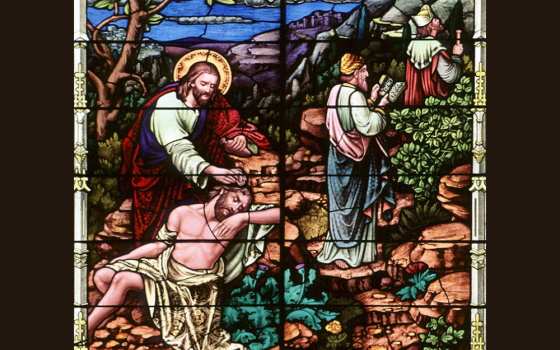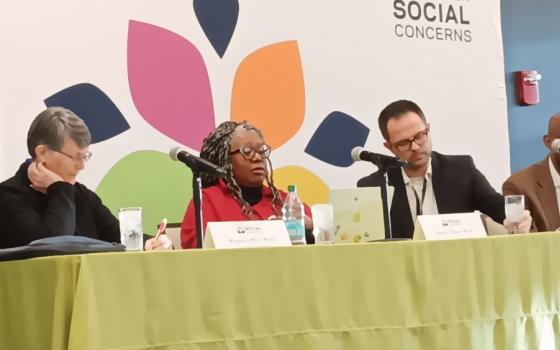
Following are NCR reader responses to recent news articles, opinion columns and theological essays with letters that have been edited for length and clarity.
'The Rings of Power'
I appreciated Eric Clayton’s insights on "The Rings of Power" series and on how we look at scripture (ncronling.org, Oct. 3 2024). So much of the social media commentary on the series has nit-picked the choices of the show-runners with an almost fundamentalist approach to J.R.R. Tolkien’s original work, or the various film adaptations. I for one, just enjoyed the unfolding panorama, and the fleshing-out of the characters with the creative imaginations of the producers, writers and actors. Indeed, we need to step back from the scriptures now and again to allow the power of "story" and revelation to influence us. That’s what Tolkein would have urged us to do!
FR. GREG FRIEDMAN OFM
Albuquerque, New Mexico
***

Pro-life policies, Harris
Thank you for providing Rebecca Bratten Weiss's article, "Maybe Kamala Harris is not 'Pro-Life' — But Her Policies Are" (ncronline.org, Sept. 20, 2024). Her profoundly important perspective clarifies aspects of this subject that are too often dismissed, ignored, and misunderstood. I am reminded of the old question, here paraphrased: If you were accused of being "pro-life" would there be enough evidence to convict you? Providing adequate healthcare for all women, I believe, would be the essence of "pro-life." Harris could claim that label, but she has instead chosen to address the serious issue of reproductive rights in full. And, as we have sadly seen of late, self-assigning a label does not make it honestly yours, whether you are a Republican candidate or a Catholic cardinal.
JENNIFER SYMONS
Green Valley, Arizona
***
Advertisement






